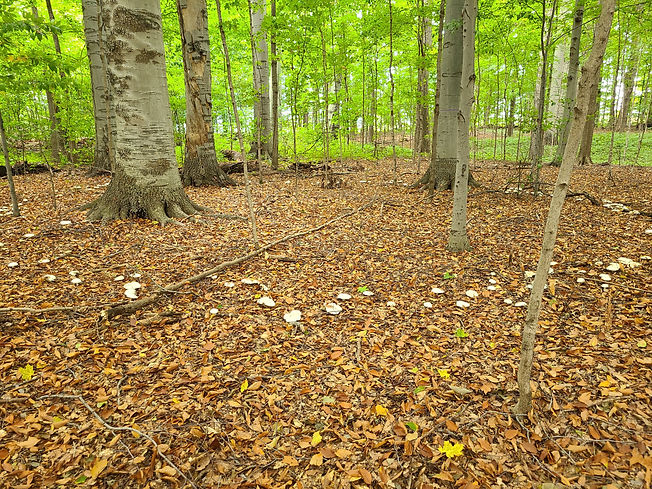Department of Biological Sciences
University at Buffalo, Buffalo, NY

Teaching
I have taught laboratory and discussion-based courses on chemistry, ecology, and evolutionary biology. Teaching and mentorship has been one of the most rewarding parts of my experience as an academic thus far. I consider myself lucky to have helped students have meaningful classroom experiences where they can envision themselves as scientists.
Teaching Philosophy
Rigorous and inclusive learning
In my teaching, I prioritize creating authentic science experiences for students while valuing those students as multifaceted individuals. Introductory college courses can be make-or-break experiences for young scientists—moments where they may drop out of the science pipeline for good. Thus, I want students in my courses to gain realistic and positive experiences of the entire scientific process of generating hypotheses, gathering and analyzing data, and identifying and sharing the broader implications of their findings.
I also believe that the best learning takes place in an environment where all students feel safe and valued. As a result, one priority in my teaching is to cultivate a caring learning culture in the classroom. In my graduate studies, I have received training in diverse and inclusive teaching, with an emphasis on building trust and community among students, facilitating dialogue and managing classroom conflict, and centering instructor and student identity in the classroom.
Teaching experience
BIO 425/525 - Special Topics: Introduction to STEM Education (University at Buffalo)
EEB 405 - Insights from Trees: Science, Art, & Observation in a Noisy World (University of Michigan Biological Station)
EEB 410 - Capstone Seminar (University of Michigan)
IBIO 355L - Ecology Laboratory (Michigan State University)
LB 171L & LB 172L - Chemistry I & II Laboratory (Michigan State University)

Mentorship Philosophy
Revealing the Hidden Curriculum
My guiding principles of authentic scientific experience and inclusivity apply to my mentorship philosophy as much as my teaching philosophy. Through my substantial experience in the mentorship of undergraduates, I have learned the importance of clear expectations and effective communication in mentoring relationships. I also emphasize professional development in these mentorship relationships, incorporating formal and informal conversations about the educational career goals of my student mentees into our work together.
I am passionate about revealing the “hidden curriculum” of academia, which has led me to develop and lead class sessions on common misconceptions about applying to and attending graduate school both within and outside of the courses I have taught as a graduate student.
Applying to Graduate School in EEB
One way I seek to make academia a more accessible place for all is through mentorship around the process of getting into graduate school. I recommend reading Carson et al 2021, "Advice on applying to graduate school in Ecology and Evolutionary Biology: How to prepare and a step-by-step guide" for a good overview of the application process.
Here are some resources I have generated about the application and interview process: